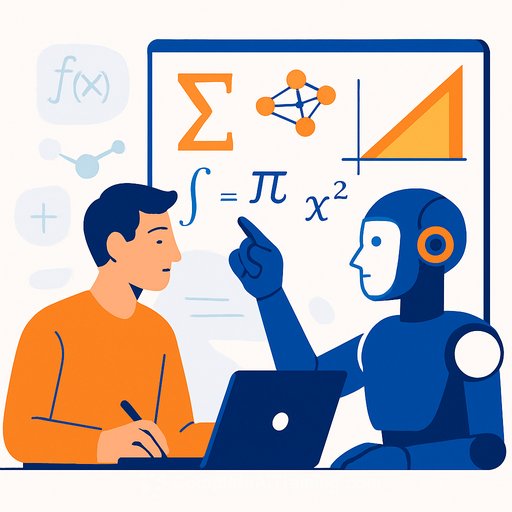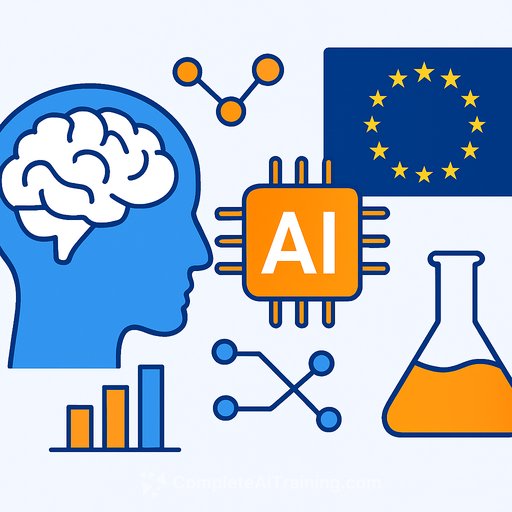Accelerating Mathematical Discovery with AI for Tomorrow's Breakthroughs
Mathematics drives many technological advances, yet discovering major new insights often takes years or even centuries. This slow pace limits how quickly math can address urgent issues in national security, medicine, and advanced computing.
DARPA's Exponentiating Mathematics (expMath) program seeks to speed up mathematical discovery by integrating artificial intelligence (AI) into the research process. The goal is to have AI systems act as "co-authors," breaking down complex problems into smaller, manageable components called lemmas. This approach helps researchers build on each other's work more efficiently and reach breakthroughs faster.
Changing the Way Math Research Happens
Traditionally, mathematicians work alone or in small teams, developing proofs through a slow, manual process. The expMath program intends to shift this model by using AI tools such as large language models, reinforcement learning, and program synthesis. These technologies can assist researchers in tackling abstract mathematical challenges more effectively, increasing the speed and scale of discovery.
"Just as computers transformed calculations, expMath technology could put powerful mathematical tools within everyone's reach, changing the pace of discovery if successful," said Patrick Shafto, DARPA expMath program manager. "To maintain U.S. leadership in technology, innovating the practice of mathematics by leveraging AI is essential."
Broader Impact and Structure of expMath
Beyond speeding up discoveries, expMath has the potential to make advanced mathematical research more accessible. This could transform how math is taught and practiced across education and professional levels.
The program focuses on two main areas:
- Advancing AI capabilities specifically for solving mathematical problems.
- Developing rigorous evaluation methods to measure AI performance on professional-level math tasks.
By bridging AI and mathematics, expMath aims to foster a collaborative environment where new insights can emerge faster. This could unlock important breakthroughs in cryptography, computer science, materials science, fluid dynamics, and more.
For researchers interested in expanding their AI expertise, Complete AI Training offers courses tailored for science and research professionals.
Your membership also unlocks:






